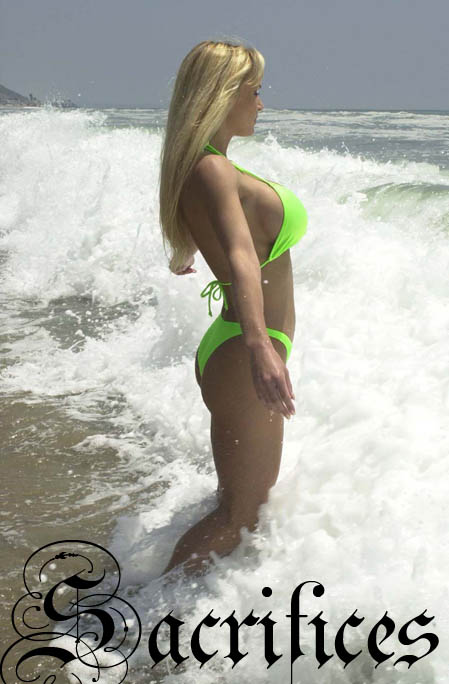 |
Bataille’s
Sacrifices: Embryonic Existentialism
It is more than a little tantalizing to find themes we
unhesitatingly label as Sartrean appear as much as seven years before L’être et le néant (1943) in a gallery brochure for an exhibition by André Masson (1936). Consider some of the ideas in Bataille’s short note (Oeuvres complètes, t.1, pp. 89 ff.):
- My self (le moi) possesses a kind of total
existence. It is different from any other entity and exercises a sort of empire over everything else. Yet my self is anguished because the fact
that it exists at all is an improbable happenstance. The utter otherness of my self from everything else, my rule over the rest of the world from an imperial prison, conflicts with the fortuitousness of my existence. The
conflict is expressed in anguish. My empire is an anxious empire.
- I do have an immediate reality, which is lived
experience.
- I can represent my self as in anguish or I can
reject it by a painful erotic decision into another self equally anguished. The latter merely increases the anguish. It is only at the
limit of death that my self, immensely free and transcendent over everything else is (violently) revealed. My self that will die is not a
theoretical (logical) entity or a practical agent. It is the end of a sovereignty over everything else that is mythically expressed by a dying
god. God is my free and joyful self and death is its fall into animality.
- There is an ecstasy of death as there is an ecstasy of sexuality and both are related to the ecstasies of time. “…the nature of time as an object of ecstasy is revealed as conforming to the ecstatic nature of my self that dies…” (p.95) The illusory existence of my self and of time is the object of erotic ecstasy.
Bataille makes one specific reference to Heidegger in
his early writings (p. 471) as well as occasional references to Jaspers. Of course, it is not so important when some of these ideas first appeared as the fact that we now have them. But Bataille’s understanding of sexuality and troubling eroticism fills in the more glaring lacunae of an oddly
pudicious existentialism.
What makes Bataille ultimately a much stronger wine than most philosophers is the intense, undisguised and very unromantic sexuality that he discovers in his account of the constitutive experiences of the self. Heidegger, as far as I know, never once mentioned sexuality (His is the passionate death of the anguished long distance runner) and Sartre analyzes sexuality largely in romantic terms as a play of mutual recognition between two pour soi’s (The sliminess of the actual sexual act in Sartre is pretty much indistinguishable from the mossy slime of the oak tree - less a sexual
feeling than another example of one’s general disgust with objects). But Bataille: “…just as obscene nature, once it has become free, binds embracing
lovers ever more passionately together, so the present horror of the cadaver and the present horror of blood bind more obscurely my self that dies
to an empty infinite: and this empty infinite is itself projected as cadaver and as blood.” (p. 93)
|


